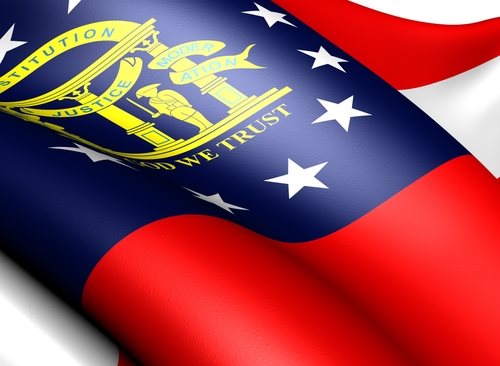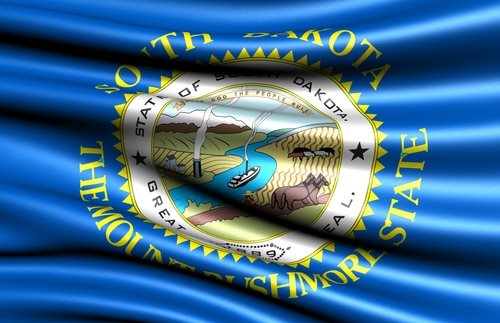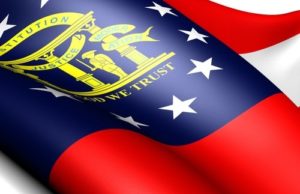South Carolina Attorney General

What is the Attorney General South Carolina?
The South Carolina Attorney General is a legal and administrative position undertaken by the appointed individual serving as the primary attorney – or South Carolina lawyers – on behalf of the State of South Carolina. In present-day, the Attorney General of South Carolina is nominated through a general election. When elected, the Attorney General South Carolina will assume office for a four year term.
What does the Attorney General of South Carolina do?
The South Carolina Attorney General is the chief legal officer of the state. Often referred to as the “People’s Lawyer”, the attorney general of South Carolina advocates on behalf of the state’s citizens. Furthermore, the South Carolina Attorney General will work with members of the general assembly to push for the creation of new laws. To ensure that the state’s court system is formally respecting the already established laws, the Attorney General of South Carolina will travel throughout the state to affirm that the courts are adhering to such policies and laws.
The Attorney General South Carolina is the chief legal and law enforcement officer in the state. The individual is responsible for the prosecution of offenses to the state’s constitution and prescribed in South Carolina’s various statutes.
The Attorney General South Carolina:
The South Carolina Attorney General is Republican Alan Wilson. Mr. Wilson was elected in 2011 and his term will expire 4 years later in 2015. Alan Wilson attended the University of South Carolina where he received his bachelor’s degree and his J.D.
Criminal Justice Duties of the South Carolina Attorney General:
The Attorney General of South Carolina presides over an executive department administered in Charleston, South Carolina. The department oversees numerous public services, including processing South Carolina State Identification Cards, administering the South Carolina Criminal Justice Data Center, running the Missing Child Center, the Child Support Enforcement Agency, the Children Task Force, Tobacco Enforcement Unit etc.
The South Carolina Attorney General office is divided into the following divisions:
Violence Against Women Program
Missing and Exploited Children
Insurance Fraud
Medical Fraud
Victim Assistance Program
Youth Monitoring Program
Public Information
The Legal Process and Procedure of the Attorney General South Carolina:
Administrative Law and the South Carolina Attorney General:
In addition to serving as the primary prosecuting attorney on behalf of the State of South Carolina, the Attorney General South Carolina also serves as the chief advocate of legislature and statutory regulation existing within the State of South Carolina
Common Law and the South Carolina Attorney General:
In many cases, the Attorney General South Carolina will employ the legal ideology of ‘Stare Decisis’ with regard to appellate hearings requested within the State of South Carolina; Stare Decisis facilitates a hierarchy with regard to legal venue, within which the process of appeals is determined for potential hearings
Upon the ruling set forth by a court classified as a ‘lower’, an appeal may be subject to judicial review by a court ‘classified as ‘higher’ only in the event that the ‘higher court’ has cited fault within the initial sentencing; however, case decisions, rulings, and South Carolina Attorney General South Carolina judicial review will be cited as primary sources with regard to sentencing
Contacting the South Carolina Attorney General:
The South Carolina Attorney General’s Office is located in the Rembert Dennis Building at 1000 Assembly Street, Room 519 in Columbia, South Carolina 29201. The South Caroline Attorney General’s Office may be contacted at 803-734-3970.







 What is the Attorney General Virginia?
What is the Attorney General Virginia?










